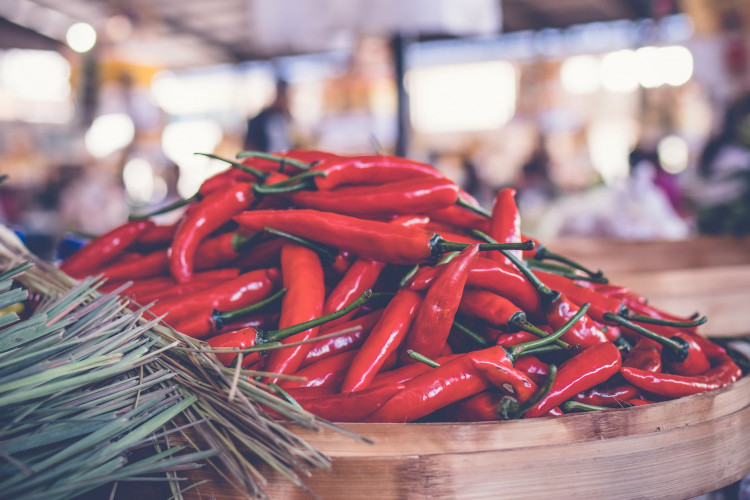Chilies would always have its unique way to turn every dish to an exciting delicacy; no wonder why people from different countries such as India, China, Mexico, Thailand, Jamaica, Malaysia, Ethiopia, and Korea loves it so much. The hot touch of this vegetable can make any food irresistible.
Aside from the additional taste and excitement that it can unleash upon every bite, other studies that prove how beneficial these chili peppers are in the body. In research conducted in 2017, experts found out how effective this vegetable is in decreasing people's mortality risk, as reported by Big Think.
For years, there has been no exact study that specifically pinpoints how chilies can negatively affect and alter the body's cognitive response. But that has changed now.
In a recent study featured in the journal Nutrients, 4,582 Chinese with ages 55 and above have participated in the research just to know whether there is indeed a link between chilies and future dementia risks. At the end of the study, experts found out that eating a large amount of chili pepper can have a negative impact on a person's cognitive response, which could increase the risk of acquiring dementia by almost 50 percent.
"Chili consumption was found to be beneficial for body weight and blood pressure in our previous studies," explains Zumin Shin, Ph.D., of Qatar University, in Doha, who is the lead author of the study. "However, in this study, we found adverse effects on cognition among older adults," the expert added.
The results of the study reveal that people who love to eat a lot of spicy foods, specifically those who consume more than 50 grams of chilies a day, are more at risk of acquiring dementia as they grow old as compared to those who don't eat that much. This result was gathered after the participants were exposed to both fresh and dried chili peppers.
Experts also discovered how those who love to include chili peppers in their diet tend to be more financially unstable and have low body mass index (BMI). Chilli lovers also tend to be less active than those who are not.
The researchers blame the link of the increase of dementia risks to the high consumption of chilies to the vegetable's capsaicin, according to Medical News Today. People who love spicy foods are more likely to have heightened sensitivity toward spicy foods. The heightened sensitivity also means a higher risk of cognitive decline as well, experts explain.
Though happy with what they've discovered, researchers behind the study are still looking forward to more researches regarding the matter. Doing so could help them find out more evident connections with regards to chili intake and education level to a person's possibility of cognitive decline.






